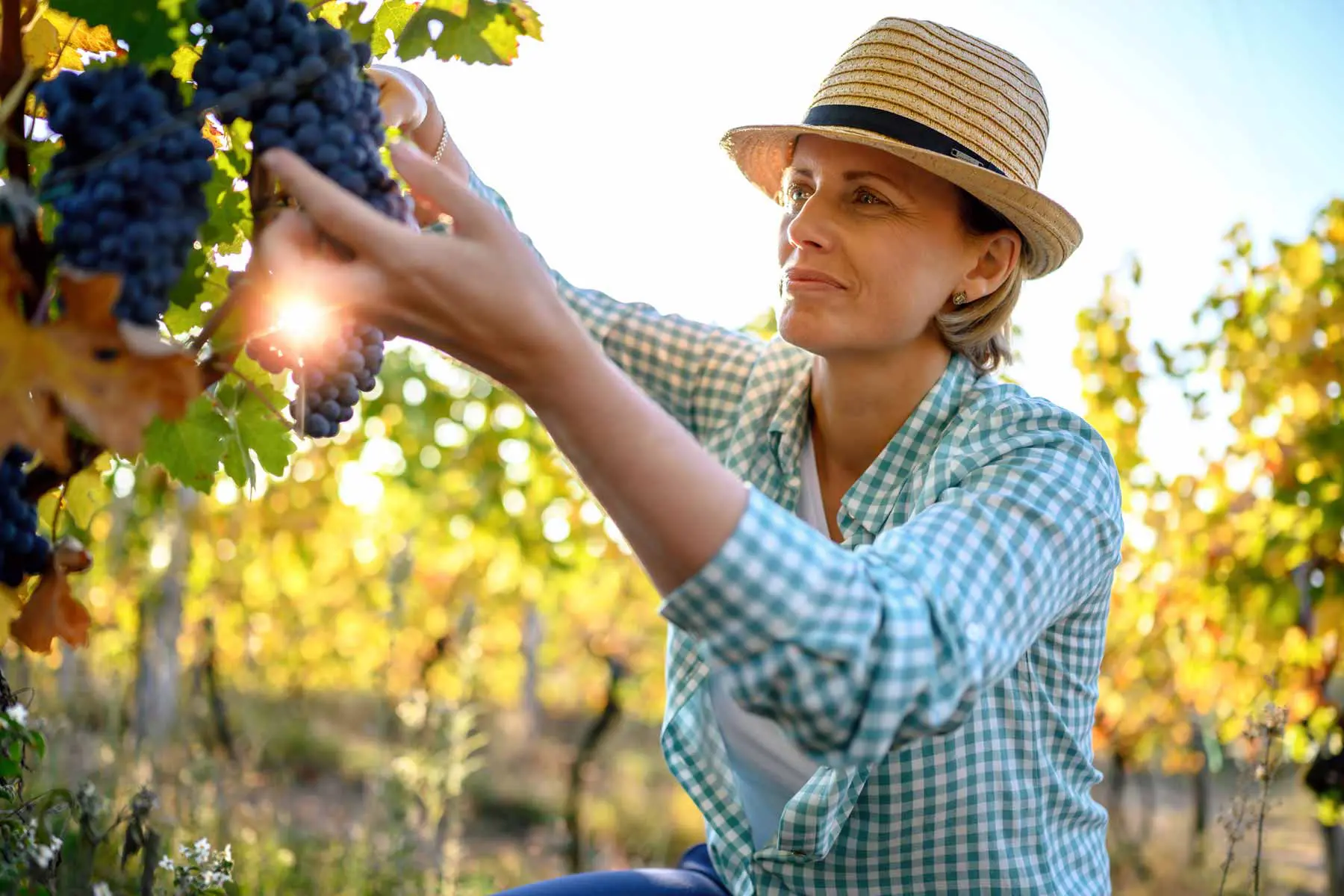GELVERİ: MICRO-SCALE WINE PRODUCTION MODEL
GELVERİ: MICRO-SCALE WINE PRODUCTION MODEL
Gelveri organized its creatively named VII. Dionysus Symposium on April 20, 2024. When we were asked whether we would join the event, our answer was an immediate and enthusiastic yes! We have been working Gelveri for a couple of months now and it is among the few winemakers in Turkey that exclusively focuses on natural wine in Turkey. So, how could we not go there? In this article, we will share with you the view of Gelveri, which was born, nurtured and matured on the backs of two partners. Their wines, wine production methods, and the economics of their production, guided by the information and observations we gained during our visit, is our main focus in what follows.
Gelveri is a micro-enterprise with two partners operating in Güzelyurt district of Aksaray in Central Anatolia. There is no one else on the team as a permanent member. It is not difficult to assume that they obtain the temporary workforce they need from their immediate vicinity. Wine production in our country is subject to permission; Gelveri was officially established and received its license to produce their wines years ago.

Udo Hirsch, one of Gelveri's two partners, has been living in Turkey for many years. He is originally an architect but instead of practicing his profession, he got caught up in the appealing magic of managing diverse projects. His first project in Turkey was about Ibis birds. In the following years, he realized the potential emanating from the richness of the agricultural diversity of of Central Anatolia and started with natural wine production as a new project in Güzelyurt—a self-evident intersection of this diversity and his interest in wine and winemaking.
Udo Hirsch's greatest fortune in bringing Gelveri to life was Hacer Özkaya. Ms. Hacer, who originally focused on çini tiles, not only became a competent natural wine producer under Udo's guidance, but also shouldered the administrative and bureaucratic burden of Gelveri as a legal entity.
Gelveri produces wine by processing 5 types of grapes in an area of approximately 3 hectares located around Güzelyurt. All the vines in the vineyards they cultivate live on their own original settings. In other words, these vineyards were not grafted by planting vines grown in nurseries; grapes mothered by existing vines are used in the production of Gelveri wines.
When you look at the view of Mount Hasan from Güzelyurt, you can instantly feel its majestic stature. When we were visiting Gelveri in mid-April, Mount Hasan was like a proud monument with white snow clusters stretching from its peak to the foothills of its slopes. Mount Hasan and the valleys and plains surrounding it have a vegetative richness that renders the area highly valuable. The sharp day-night, summer-winter temperature differences and the volcanic soil structure through the once active Mount Hasan create a unique terroir thereby enabling the vine to produce high-quality grapes under moderate stress.
Gelveri processes five endemic grapes of the region. These grapes are Hasan Dede, Keten Gömlek, Taş Üzüm, Koku Üzüm, Kızıl Üzüm. Apart from these, there is also wine made from Kalecik Karası grapes—a well-known endemic variety in Turkey—but the grapes in the first group are the last examples of their species; hence, their survival depends more or less on Gelveri’s persistence and endurance.
Udo Hirsch shared his business models briefly and concisely with his guests. In the case of Gelveri, where a team of two people mastering the process handles both the vineyards and the wine production, the total annual production is between 5,000-6,000 liters. The wines are fermented and aged in clay jars. Circulation and control of the must in the jars is carried out at regular intervals. Once the wine has completed its maturation process, it is time for manual operations on this scale, such as pre-sale bottling, corking, capping and labeling. Udo underlines that this production amount is suitable for a sustainable brand with the economic surplus value it creates.

We had the opportunity to learn a lot and make on-site observations during our visit to Gelveri. We have seen what a wholeheartedly working tiny team is capable of and how open Gelveri producers are to sharing the knowledge and experience they accumulated over the years for future winemaking entrepreneurs. An elite group of wine lovers, who were already aware of the effort Gelveri devoted to wine culture, came from hundreds of kilometers away to take part in the Dionysus Symposium with great pleasure and enthusiasm. On this occasion, we came across many new faces and enjoyed the delightful conversations we had and appreciated the opportunity to getting to know them.
The wine industry needs many more micro-producers adopting a business model like Gelveri. Moreover, Turkey needs much more fresh blood into winemaking to learn from and emulate Gelveri’s approach to revive the endemic grapes we continue to lose. Our sincere hope is that such new entrepreneurs will emerge who will embrace this understanding and carry it forward into the future.
Hacer and Udo, thank you!

Katerina Monroe
@katerinam • More Posts by Katerina
Congratulations on the award, it's well deserved! You guys definitely know what you're doing. Looking forward to my next visit to the winery!





















